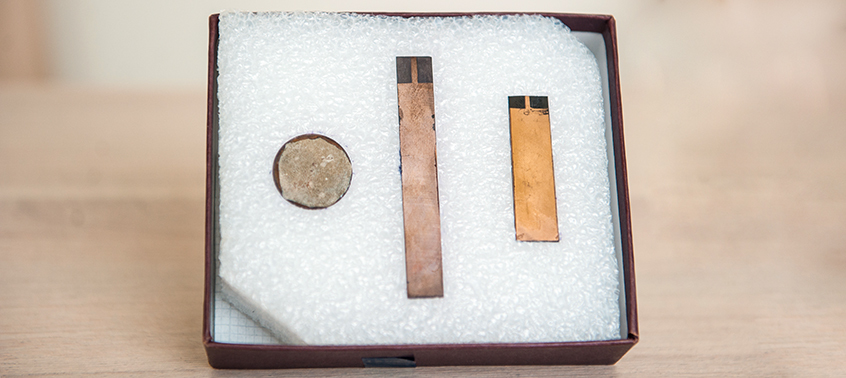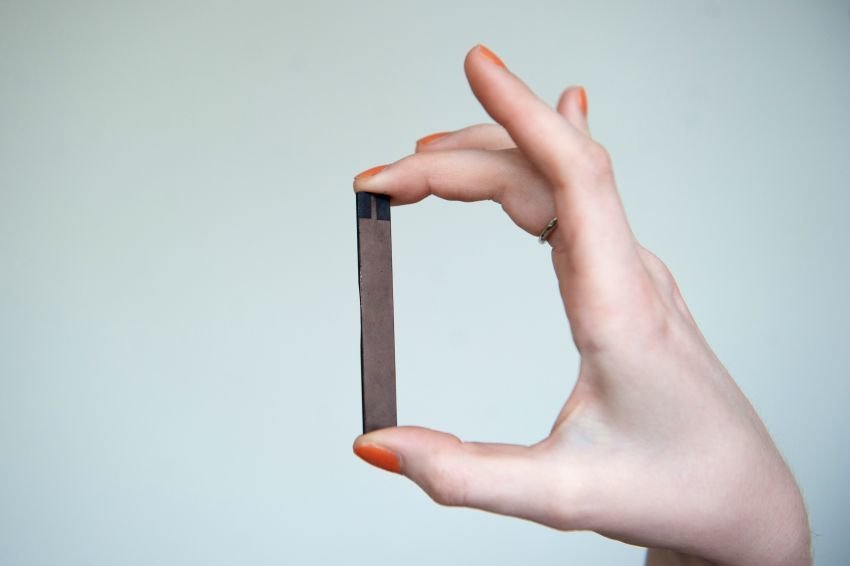Russia has developed a nuclear battery on nickel-63, operating 50 years

A group of scientists from FSBI TISNUM, MIPT, NITU MISiS and FSUE NPO Luch developed miniature nuclear AC voltage batteries using nickel-63 isotope as an energy material. The declared term of uninterrupted work is 50 years. The half-life of nickel-63 is about 100 years.
According to the authors, the invention has a wide range of applications: from medical technology to spacecraft for deep space research.
A beta-voltaic battery converts the energy of beta radiation into electricity using single crystals of piezoelectrics (using transducers of the original design).
')

“The use of pulsed power sources (they accumulate and give off charge) makes it possible to overcome the limitations caused by the low power of beta-voltaic nuclear batteries. Thus, in a pulsed mode, one beta-voltaic element is capable of delivering power up to 1 mW / cm 3 . At low specific powers of the energetic material, the battery assembled on their basis is capable of providing a continuous output of 10-100 nW / cm 3 - sufficient to ensure the power of the cardiac implant, ”said Professor Yuri Parkhomenko, head of the research department of materials science.
Scientists emphasize that nickel-63 is characterized by so-called “soft” radiation, which does not harm a living organism.
“The new development of scientists of NUST“ MISiS ”has great potential, since the need for reliable batteries with a long service life is quite large. Taking into account the unique characteristics: small size and safety, beta-voltaic batteries developed at our university can take a significant share of the market of similar power sources, ”said Alevtina Chernikova, rector of NITU“ MISiS ”.

If the cost of nuclear batteries were low, they could be used in any mobile device, even in mobile phones. Unfortunately, the cost of 1 gram of radioactive nickel is about $ 4,000 , and the production of one battery can cost 4.5 million rubles. Nickel-63 isotope does not exist in nature, it can only be developed on special nuclear reactors, which are in three Russian enterprises.
Nevertheless, the developers believe that small-scale production of such batteries will give impetus to the development of high-tech industries in the Russian industry, including nuclear energy, the semiconductor and chemical industries.
Source: https://habr.com/ru/post/391187/
All Articles